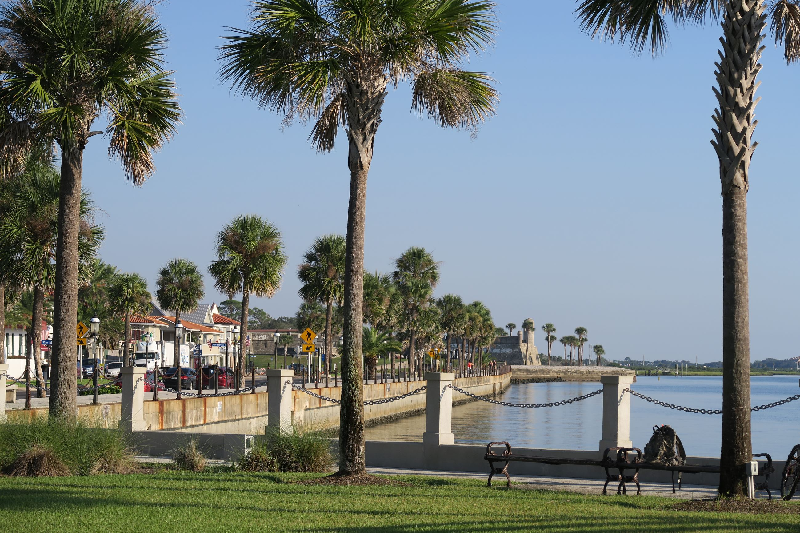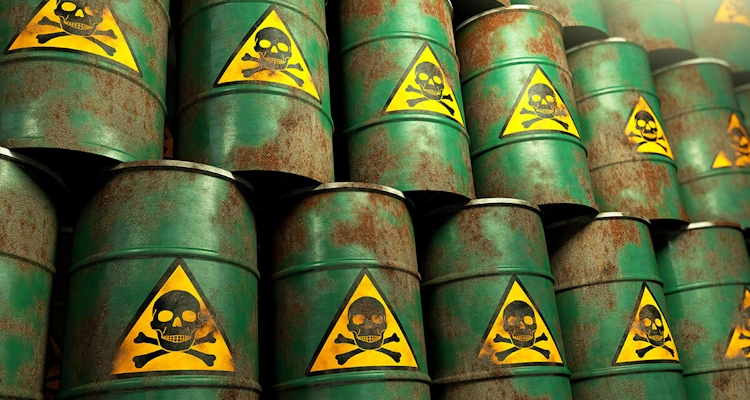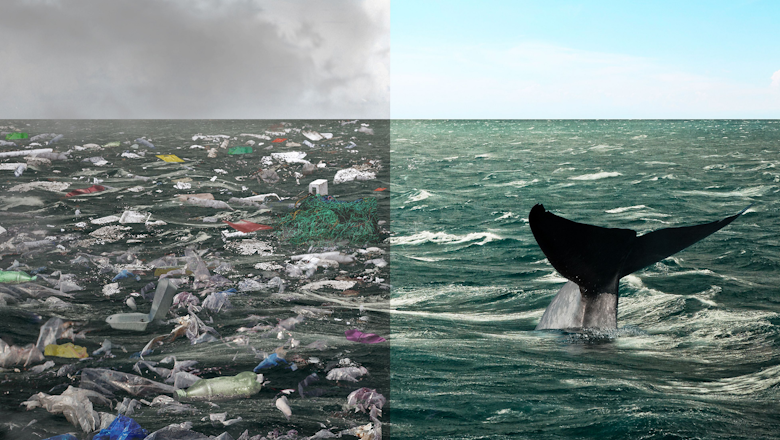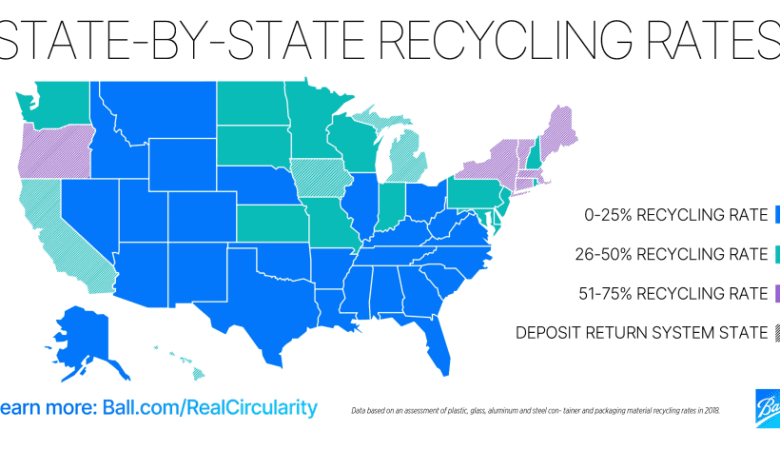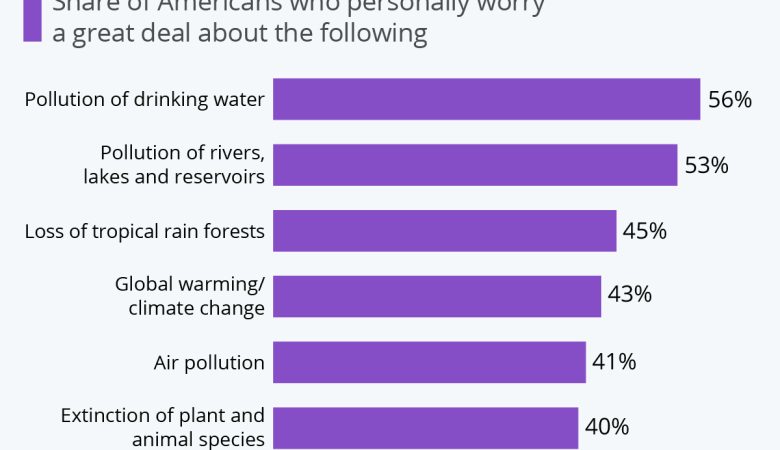The state of waste management in St Augustine, FL
Waste management in St Augustine, Florida is a growing problem. With a population that is expected to grow significantly over the next few decades, it is important that the state develops an effective waste management system. Unfortunately, the current state of waste management in Florida is far from ideal.
As of 2019, the estimated population of Florida was over 21 million people. With this many people living in the state, it is no surprise that the amount of waste produced is high. In fact, each person in Florida produces an estimated 5.5 pounds of waste per day. This adds up to a total of over 115 million tons of waste produced each year in the state.
In order to adequately manage this amount of waste, Florida has implemented several waste management strategies. The most prominent of these is the implementation of a recycling program. This program requires businesses and residents to separate their recyclable materials from their other waste and then take them to a designated recycling center.
Unfortunately, the state’s recycling program has not been as effective as it could have been. The main issue is that many businesses and residents do not understand the importance of recycling and thus do not participate. As a result, the amount of waste that is diverted from landfills and incinerators is minimal.
In addition to the recycling program, Florida has also implemented a waste-to-energy program. This program uses waste as a source of energy, which can help to reduce the amount of waste that is sent to landfills or incinerators. However, the program is still relatively new and it is not yet clear how effective it will be in the long run.
Overall, the current state of waste management in Florida is far from ideal. The state needs to work on increasing awareness of the importance of recycling and encouraging people to participate. In addition, it needs to invest more in its waste-to-energy program in order to ensure that it is effective. By taking these steps, Florida can ensure that its waste management system is up to the task of managing its growing population.
Ground and water pollution in florida
Ground and water pollution in Florida is a major environmental concern that impacts the entire state. Florida, due to its unique geography, has an abundance of freshwater sources, such as rivers, lakes, and wetlands. Unfortunately, the state also has a history of pollution, from both natural and human-caused sources.
Groundwater pollution in Florida is a major problem and affects many of the state’s freshwater sources. Groundwater contamination can occur from leaking underground storage tanks, industrial waste, agricultural runoff, and sewage. One of the most notorious cases of groundwater contamination in Florida is the Dozier landfill in Pensacola, which was the site of a large-scale chemical leak in the 1980s. The contamination spread to nearby rivers and bays, and has since been linked to numerous health problems in the area.
Water pollution in Florida is also a major issue. Water pollution comes from a variety of sources, including sewage, industrial waste, agricultural runoff, and runoff from urban areas. Pollutants like nitrogen, phosphorus, and mercury can contribute to the degradation of water quality and can lead to algal blooms and other problems. Unfortunately, Florida’s warm climate makes it particularly susceptible to water pollution, as pollutants can remain in the water for extended periods of time.
The state of Florida has taken steps to address ground and water pollution, but there is still much work to be done. The Florida Department of Environmental Protection has developed numerous programs and regulations to reduce pollution and protect the state’s water sources. In addition, local governments and organizations have been working to address the issue through initiatives like watershed management plans, wastewater treatment, and public education campaigns.
Despite the efforts of the state and local governments, ground and water pollution in Florida remains a serious concern. In order to protect the state’s water sources, it is essential that everyone – from individuals to businesses – take steps to reduce the amount of pollutants they’re releasing into the environment.
This includes reducing the use of pesticides and fertilizers, avoiding dumping chemicals into waterways, and properly managing waste. With these measures in place, we can work to ensure that future generations are able to enjoy the natural beauty of Florida for years to come.


